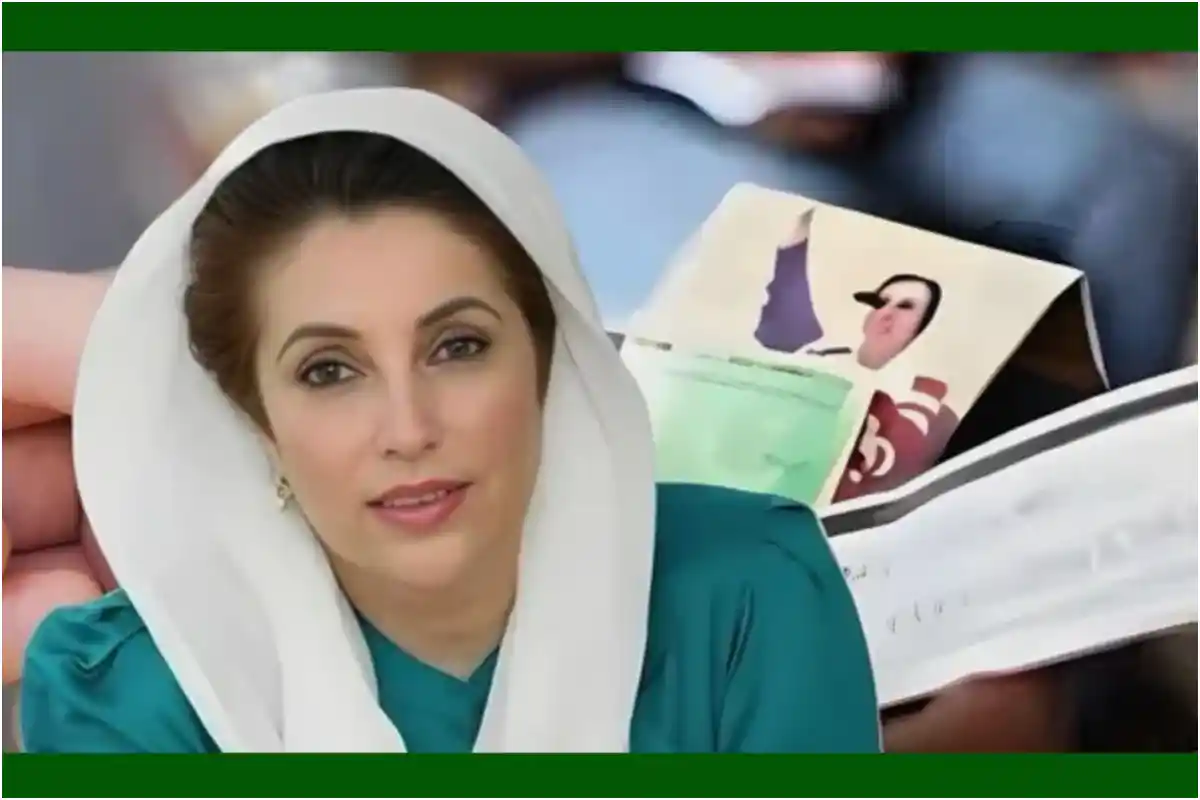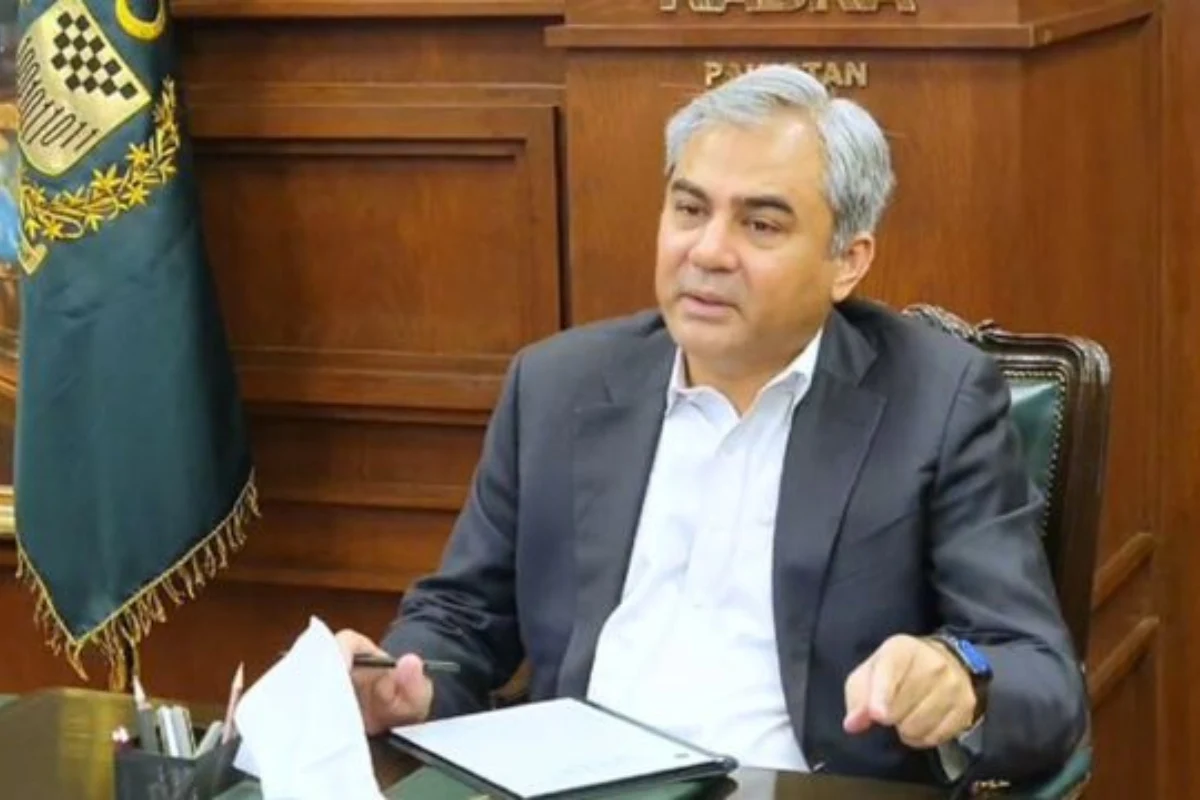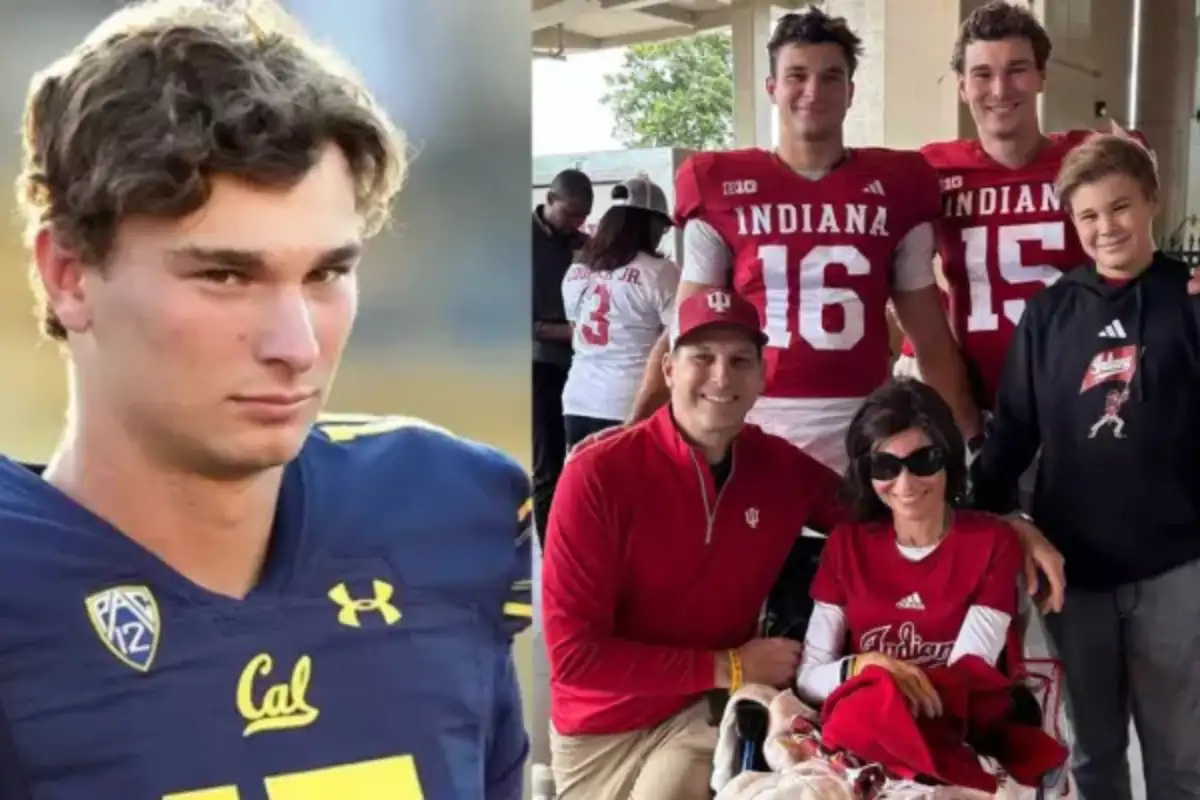WHO and BISP sign $6.25M Nashonuma deal

BISP Ehsaas 2025 Update: CNIC Check, Registration, and 8171 Payment Details
The fight against malnutrition in Pakistan has taken a big step forward with the signing of a US$6.25 million agreement between the World Health Organization (WHO) and the Benazir Income Support Programme (BISP).
This partnership, called the Nashonuma Programme, will focus on improving the health of mothers and children across the country.
Why Nutrition Matters
Malnutrition has been a serious problem in Pakistan for years. Many families cannot afford or access proper food and healthcare. As a result:
40% of children under five are stunted (shorter than normal, with slower brain growth).
18% of children are dangerously thin (wasted).
Many women suffer from anemia and poor diet, affecting both their own health and their babies.
These problems keep families trapped in poverty and weaken future generations.
What is the Nashonuma Program?
Nashonuma means “growth” in Urdu. The program focuses on the first 1,000 days of life—from pregnancy until a child turns two. This is the most critical stage for healthy growth.
Key services include:
Nutritious food supplements for mothers and children
Health check-ups for pregnant women and infants
Guidance on breastfeeding and safe feeding practices
Food packages and hygiene awareness sessions
Linking support with BISP’s cash transfers
How the New Agreement Helps
The US$6.25 million funding will:
Open more Nashonuma Centers in underserved districts
Provide fortified food for mothers and children
Train doctors, nurses, and health workers
Launch awareness campaigns on nutrition and hygiene
Use digital systems to ensure transparency
Why It Matters
This partnership is not just about money—it can change lives.
Healthier Children: Reducing stunting and wasting.
Stronger Mothers: Better nutrition during pregnancy and after birth.
Less Poverty: Healthy children learn better, work better, and break the cycle of poverty.
Global Goals: Supports UN targets of Zero Hunger and Good Health.
Benefits for Families
For Mothers: Free check-ups, fortified food, guidance on safe feeding, lower risk of complications.
For Children: Growth monitoring, fortified food, immunizations, and healthier start to life.
WHO’s Role
WHO is not just giving funds—it is also providing:
International nutrition standards
Training for health workers
Research and monitoring systems
Support in building sustainable programmes
The Bigger Picture
Good nutrition leads to stronger families, better school results, reduced healthcare costs, and a healthier workforce. It also empowers women by giving them access to proper healthcare and decision-making.
Challenges Ahead
Some hurdles remain:
Reaching remote villages
Changing harmful cultural feeding practices
Ensuring long-term funding
Closing awareness gaps about healthy diets
WHO and BISP aim to solve these issues through awareness drives, digital tools, and community partnerships.
Read More: BISP September 2025 Alerts – How to Recognize Fake Messages
Catch all the Trending News, Breaking News Event and Trending News Updates on GTV News
Join Our Whatsapp Channel GTV Whatsapp Official Channel to get the Daily News Update & Follow us on Google News.














